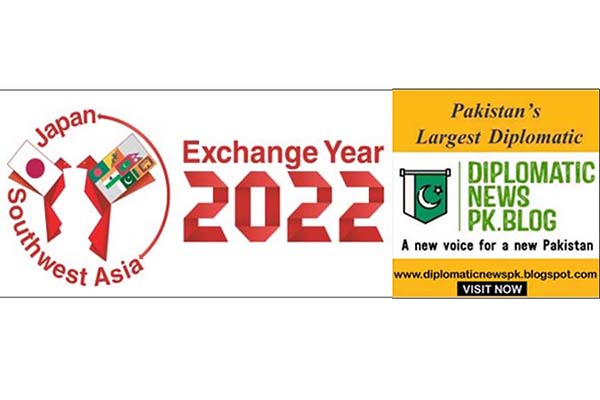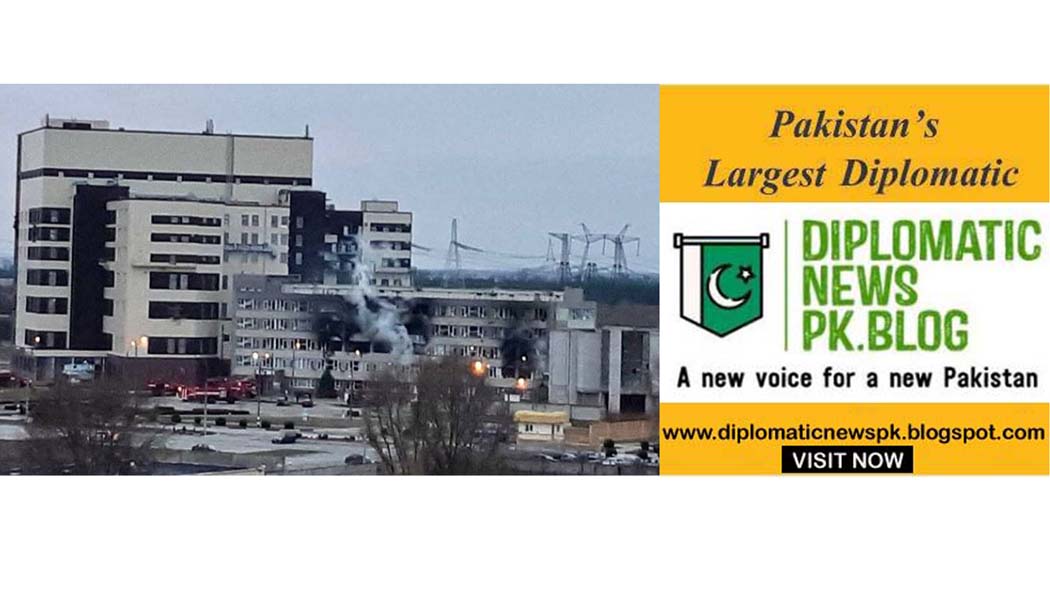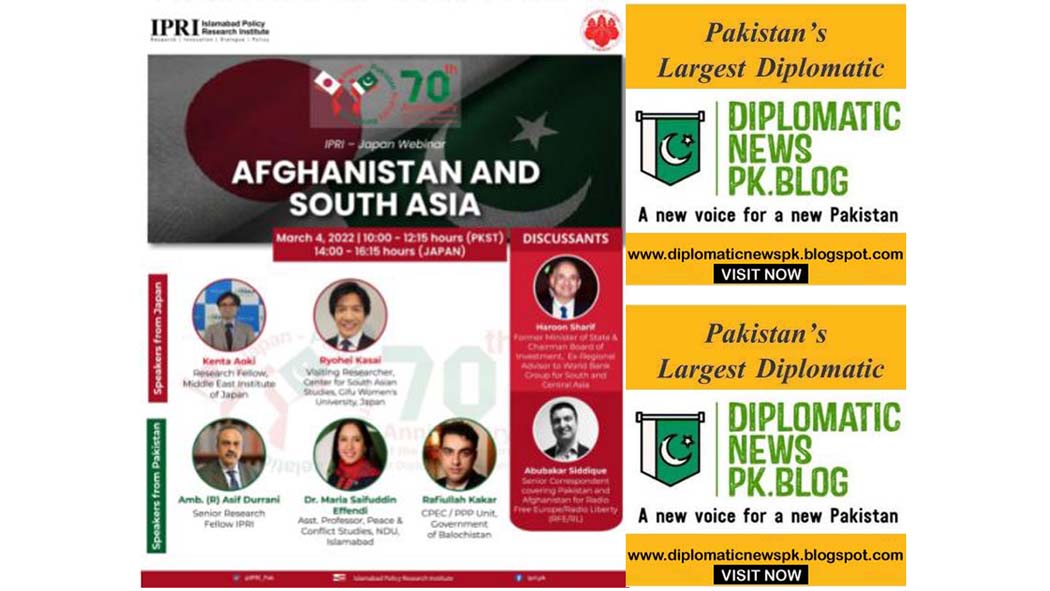MOSCOW, MAR 6: A promised ceasefire in the besieged port city of Mariupol collapsed amid scenes of terror but a pro-Russian official said safe-passage corridors would open again for city residents on Sunday, while Russian President Vladimir Putin warned that the ongoing resistance is putting Ukrainian statehood in jeopardy and likened the West’s sanctions on Russia to “declaring war”.
With the Kremlin’s rhetoric growing fiercer and a reprieve from fighting dissolving, Russian troops continued to shell encircled cities and the number of Ukrainians forced from their country grew to 1.4 million.
By nighttime on Saturday, Russian forces had intensified their shelling of Mariupol, while dropping powerful bombs on residential areas of Chernihiv, a city north of Kyiv, Ukrainian officials said.
Bereft mothers mourned slain children, wounded soldiers were fitted with tourniquets and doctors worked by the light of their cellphones as bleakness and desperation pervaded. Crowds of men lined up in the capital to join the Ukrainian military.
The government has ordered men between the ages of 18 and 60 to stay and be available to fight. Some, like Volodymyr Onysko, have volunteered.
“We know why we are here. We know why we defend our country,” Onysko told Britain’s Sky News. “We know what we are doing, and that’s why we will win.”
Eduard Basurin, the head of the military in separatist-held Donetsk territory, said safe passage corridors for residents of two cities in the region — Mariupol and Volnovakha — would be open again on Sunday.
He did not give any details on how long the corridors would remain open, nor whether there would be a ceasefire to facilitate the evacuation of the two cities. He made the comments on Russian state television.
Russia’s defence ministry said the country had struck and disabled Ukraine’s Starokostiantyniv military airbase with long-range high-precision weapons.
“The Russia armed forces continue to strike the military infrastructure of Ukraine,” Russian defence ministry spokesman Igor Konashenkov said.
“On the morning of March 6, strikes were carried out by high-precision long-range weapons. The Ukrainian air force base near Starokostiantyniv was disabled.”
He said a Ukrainian-controlled S-300 missile system had also been destroyed by Russian rocket forces. He said Russia had downed 10 Ukrainian planes and helicopters over the past 24 hours.
Putin continued to pin the blame for the war squarely on the Ukrainian leadership and slammed their resistance to the invasion.
“If they continue to do what they are doing, they are calling into question the future of Ukrainian statehood,” he said on Saturday. “And if this happens, it will be entirely on their conscience.”
He also hit out at Western sanctions that have crippled Russia’s economy and sent the value of its currency tumbling.
“These sanctions that are being imposed, they are akin to declaring war,” he said during a televised meeting with flight attendants from Russian airline Aeroflot. “But thank God, we haven’t got there yet.”
Escalating situation
Russia’s financial system suffered yet another blow as Mastercard and Visa announced they were suspending operations in the country.
Ten days after Russian forces invaded, the struggle to enforce the temporary ceasefires in Mariupol and Volnovakha showed the fragility of efforts to stop the fighting across Ukraine.
Ukrainian officials said Russian artillery fire and airstrikes had prevented residents from leaving before the agreed-to evacuations got underway. Putin accused Ukraine of sabotaging the effort.
A third round of talks between Russia and Ukraine will take place on Monday, according to Davyd Arakhamia, a member of the Ukrainian delegation. He gave no additional details, including where they would take place.
Previous meetings were held in Belarus and led to the failed ceasefire agreement to create humanitarian corridors for the evacuation of children, women and older people from besieged cities, where pharmacies have run bare, hundreds of thousands face food and water shortages, and the injured have been succumbing to their wounds.
Mariupol Mayor Vadym Boychenko said thousands of residents had gathered for safe passage out of the city of 430,000 when the shelling began and the evacuation was stopped. Later in the day, he said the attack had escalated further.
“The city is in a very, very difficult state of siege,” Boychenko told Ukrainian TV. “Relentless shelling of residential blocks is ongoing, airplanes have been dropping bombs on residential areas. The Russian occupants are using heavy artillery, including Grad multiple rocket launchers.”
Russia has made significant advances in the south, seeking to cut off Ukraine’s access to the sea. Capturing Mariupol could allow Russia to establish a land corridor to Crimea, which it annexed in 2014.
Meanwhile, the head of the Chernihiv region said Russia has dropped powerful bombs on residential areas of the city of the same name, which has a population of 290,000. Vyacheslav Chaus posted a photo online of what he said was an undetonated FAB-500, a 500-kilogramme bomb.
“Usually this weapon is used against military-industrial facilities and fortified structures,” Chaus said.
In a speech to Ukrainians, President Volodymyr Zelenskyy pointed to “the 500kg bombs that were dropped on the houses of Ukrainians. Look at Borodyanka, at the destroyed schools, at the blown-up kindergartens. At the damaged Kharkiv Assumption Cathedral. Look what Russia has done.”
The West has broadly backed Ukraine, offering aid and weapons and slapping Russia with vast sanctions. But the fight itself has been left to Ukrainians, who have expressed a mixture of courageous resolve and despondency.
“Ukraine is bleeding,” Foreign Minister Dmytro Kuleba said in a video released on Saturday, “but Ukraine has not fallen.”
Russian troops advanced on a third nuclear power plant, having already taken control of one of the four operating in the country and the closed plant in Chernobyl, Zelenskyy told US lawmakers.
Zelenskyy pleaded with the lawmakers for additional help, specifically fighter planes to help secure the skies over Ukraine, even as he insisted Russia was being defeated.
“We’re inflicting losses on the occupants they could not see in their worst nightmare,” Zelenskyy said.
Russian troops took control of the southern port city of Kherson this week. Although they have encircled Kharkiv, Mykolaiv, Chernihiv and Sumy, Ukrainian forces have managed to keep control of key cities in central and southeastern Ukraine, Zelenskyy said.
Frenetic meetings
US President Joe Biden called Zelenskyy early on Sunday, Kyiv time, to discuss Russia sanctions and speeding US assistance to Ukraine.
The White House said the conversation also covered talks between Russia and Ukraine but did not give details.
Meanwhile, US Secretary of State Antony Blinken was in Poland to meet with the prime minister and foreign minister, a day after attending a Nato meeting in Brussels in which the alliance pledged to step up support for eastern flank members.
Blinken also spoke by phone with Chinese Foreign Minister Wang Yi, who said Beijing opposes any moves that “add fuel to the flames” in Ukraine, according to the Chinese Foreign Ministry.
Blinken said the world is watching to see which nations stand up for freedom and sovereignty, the State Department said.
In Moscow, Israeli Prime Minister Naftali Bennett met with Putin at the Kremlin. Israel maintains good relations with both Russia and Ukraine, and Bennett has offered to act as an intermediary in the conflict, but no details of the meeting emerged immediately.
Bennett’s office said he spoke twice with Zelenskyy afterwards.
In the wake of Western sanctions, Aeroflot, Russia’s flagship state-owned airline, announced plans to halt all international flights except to Belarus starting on Tuesday.
The death toll of the conflict was difficult to measure. The UN human rights office said at least 351 civilians have been confirmed killed since the February 24 invasion, but the true number is probably much higher.
Ukraine’s military is vastly outmatched by Russia’s, but its professional and volunteer forces have fought back with fierce tenacity. Even in cities that have fallen, there were signs of resistance.
Onlookers in Chernihiv cheered as they watched a Russian military plane fall from the sky and crash, according to video released by the Ukrainian government. In Kherson, hundreds of protesters waved blue and yellow Ukrainian flags and shouted, “Go home.”
A vast Russian armoured column threatening Ukraine’s capital remained stalled outside Kyiv.
Ukrainian presidential adviser Oleksiy Arestovich said in the afternoon that the military situation was quieter overall and Russian forces hadn’t “taken active actions since the morning”.
The US Congress is considering a request for $10 billion in emergency funding for humanitarian aid and security needs.
The UN said it would increase its humanitarian operations both inside and outside Ukraine, and the Security Council scheduled a meeting for Monday on the worsening situation.
The UN World Food Programme has warned of an impending hunger crisis in Ukraine, a major global wheat supplier, saying millions will need food aid “immediately”.
Kyiv’s central train station remained crowded with people desperate to flee. “People just want to live,” one woman, Ksenia, said.
--------------------------------------------------
Courtesy Dawn News
-----------------




